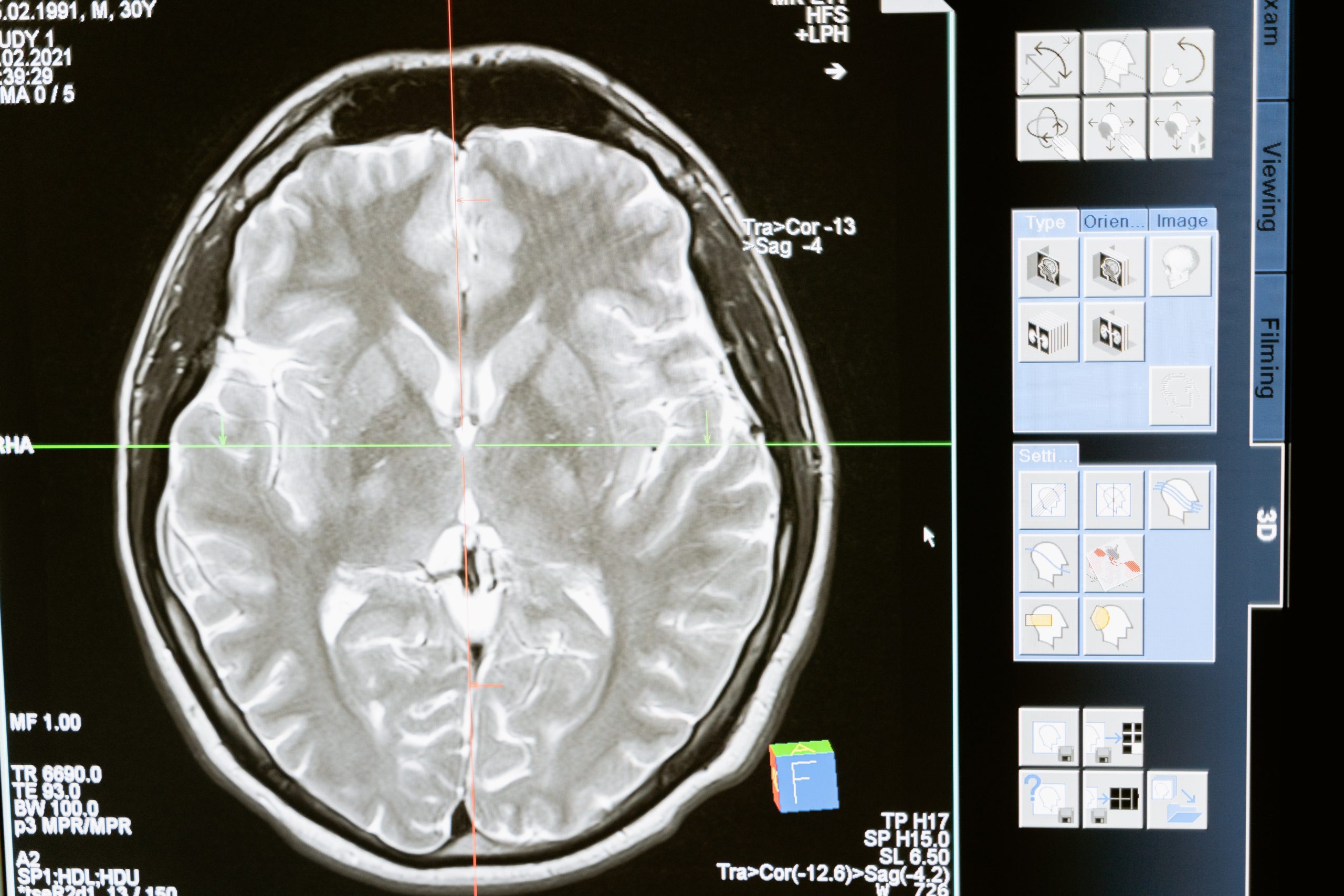As a personal injury firm serving the people of Georgia, we’ve seen firsthand how traumatic brain injuries (TBIs) can turn people’s lives upside down. Traumatic brain injuries often cause serious health concerns and affect countless individuals and their families every year. Knowing the common signs of a TBI can lead to a faster diagnosis, more effective treatment, and a stronger chance of a full recovery.
If a person has been hit on the head or involved in a traumatic event that could have caused a brain injury, it’s likely they’re aware of the incident. However, they might not be aware that they’ve suffered harm. The five most common signs of traumatic brain injuries include:
Confusion or Disorientation
One of the earliest signs of a TBI is a sudden feeling of confusion or disorientation. If you or someone else can’t remember where they are, what day it is, or why they’re there, it might be a sign of a brain injury. This confusion can come and go, or it may linger.
Headaches
Persistent headaches, especially those that worsen over time or don’t respond to over-the-counter medication, are often key indicators of a TBI. It’s important to pay attention to any sudden, severe headaches or changes in headache patterns.
Changes in Mood or Behavior
TBIs can often result in noticeable changes in someone’s mood or behavior. These changes can include increased irritability, sudden mood swings, or unexplained emotional outbursts. Furthermore, if friends and family notice that someone is no longer interested in their favorite activities or has a sudden drop in motivation, a brain injury could be to blame.
Difficulty with Coordination and Balance
Trouble walking, clumsiness, or a loss of balance can be signals of a TBI. If simple tasks like picking up an object, tying shoelaces, or walking a straight line become challenging, it’s time to seek medical attention.
Sleep Disturbances
Problems with sleep, such as sleeping more than usual, insomnia, or difficulty waking up, are all potential signs of a TBI. Note any changes in your sleep patterns after an accident and discuss them with a healthcare professional.
What to Do After a Suspected Brain Injury
If you or a loved one are experiencing any of these brain injury symptoms after an accident, seek medical attention immediately. Acting quickly could make a significant difference in your recovery. Even after receiving medical attention, it’s essential to monitor your injuries closely. If your symptoms persist or get worse, return to your doctor for further evaluation.
As soon as you start medical treatment for a TBI, it’s time to contact an attorney. You have enough to worry about, and your personal injury lawyer can pursue compensation for your injuries while you’re receiving treatment. It’s also a good idea to keep copies of your medical records and any receipts related to the accident.
How an Attorney Can Help with a Brain Injury Claim
After you’ve addressed your immediate medical concerns, it’s time to consider legal action. If someone else’s negligence or wrongdoing caused your injury, our Georgia personal injury attorneys could pursue an insurance claim or lawsuit against them on your behalf. You should focus on resting and healing, and we can investigate the accident to identify everyone liable for your injuries. We’ll review your medical records, photos from the accident, police reports, and other evidence to build a persuasive case for compensation.
At the W. Winston Briggs Law Firm, we know how brain injuries can impact your life and the lives of those around you. Our mission is to help you get the compensation you need to cover medical bills, lost wages, and other costs associated with your injury. Let us get to work on your claim to get the money you need to make your life easier after an accident. Call us today at (404) 522-1500 or visit our contact page for a free consultation.
